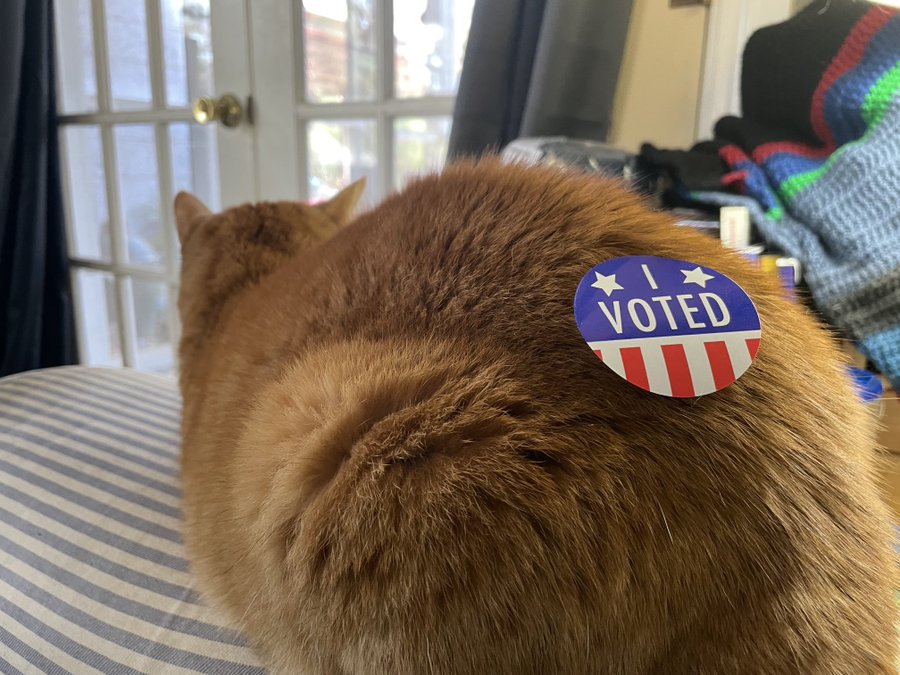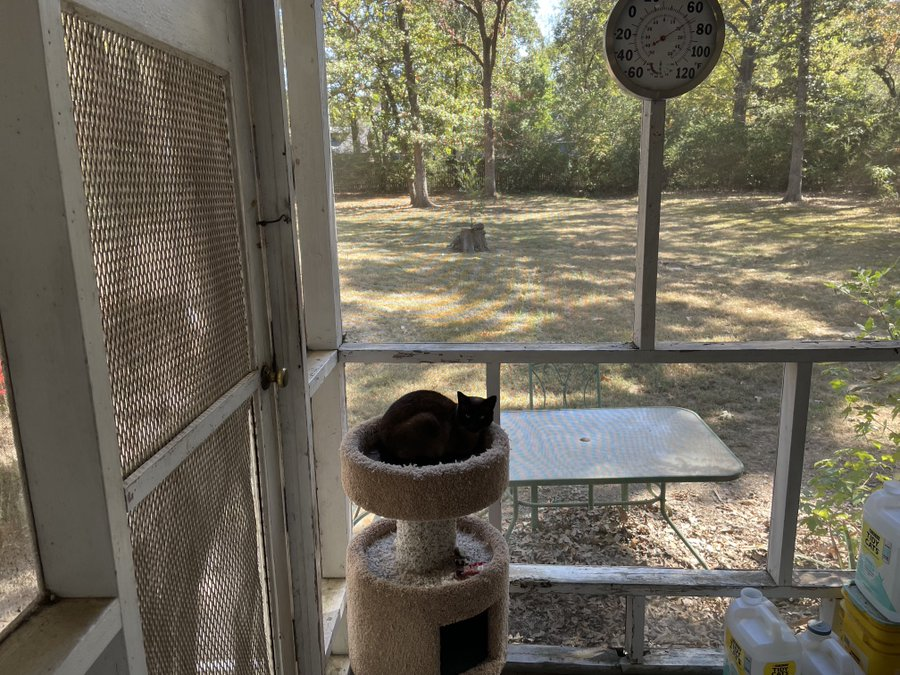I'm grading preliminary work on my students' third (and major) paper, and have once again been noticing the problem with teaching writing in a class in which we have more than five or six students.
My fiction workshop this semester has only seven students in it. This is very nearly the perfect size. I am able to get to know every student. I am able to spend time on their writing, understand what they are trying to do, show them -- in detail -- how they might want to do that. Also, I am able to know them as people, not just students, which helps us work together, and to trust each other. Trust is basic for true teaching.
In contrast, I am teaching three sections of Comp I, which means I have 67 students turning in every assignment (at least theoretically -- in actual fact, maybe twenty percent of the students fail to turn in any given assignment). This means I cannot get to know them as much more than names in my roll book. I know very little about their lives or their goals. I can spend maybe ten minutes per student per assignment -- sometimes more, if it's a paper and not ground work for the paper; but seldom much more.
What happens, because of that, is I end up triaging the students.
Those who just can't or aren't doing the work, which is about 20%, need more help than I can give them. I don't know why they aren't doing the work, for the most part. When I track them down to ask, mostly they don't respond.
When they do respond, they tell me they have three kids and a full-time job and they share a computer with their brother who lives twenty miles away and they can't always get over there. (There is now something I can do for these students, at least -- we have a way to check out loaner laptops to them. There are also emergency grants for students who have small financial emergencies.)
Or it turns out they aren't native speakers of English, and cannot understand what they're supposed to be doing. (We do not have English-as-a-Second-Language sections of Comp I. Again, I can now send these students to the writing center, where we have a EASL tutor.)
Or it turns out they're homeless (this just happened) and working fifty hours a week at two jobs, and their tablet, which they were using to do all their work, has broken.
Or their uncle has COVID and they've all been quarantined and there's no money to pay the electric bill, so they can't get online, and they've been trying to do the work on their phone, but they can't charge it now.
Or, or, or.
These students need a lot of help, but I have 66 other students, and so I can't give them as much help as they need. There are too many of them, and their real problems have little to do with how to write a good paper. I make sure to notify the proper administrators about their problems, hopefully getting them some aid; but I can do very little about teaching them writing. With these students, I end up doing the best I can to get them to C-level work, and honestly mostly fail to achieve even that. Their other problems are just too overwhelming.
Then there are students who are excellent writers already. This is maybe six out of the 67. These students also get very little help from me. This is the group I would love to work with, but as it is, I'm too swamped by the 20% who can't do the work and the middle group, the ones who can do the work but only with a lot of help.
I spend most of my time with this middle group, working on grammar and structure, telling them over and over about correct format, about how to cite a source in-text, about making sure they have one idea and only one idea per paragraph, about providing credible evidence to support their claims. Sometimes these students are working full-time jobs too, and many of them have a two or three (or five, in one case this semester) children, so that it is hard for them to get the work done on time, or at all. I work with them. I work with them. But there are only so many hours in the day.
If we actually want students who learn, this is not how we do it. Expecting people to go to school full-time while working full-time while raising three or four children -- this is not how education happens. This is how triage happens.
Which is probably the actual plan. Rich people's kids go to schools with small class sizes, where they get plenty of help, and where they don't have to work and run a house and take care of children while trying to study microbiology. These kids will get an actual education. These are the kids who actually matter, to those who make our laws and fund our schools.
The rest of them, the students here at my working class university, what they get is the FEMA version of an education. They get something that looks like an education, while not requiring the resources and support of an actual education.
Despite all our efforts, most of them will emerge in the working world not knowing the difference between a credible source and bullshit, not knowing how to thinking critically, not knowing how to write a coherent sentence or understand their own history. They may be perfectly nice people, and perfectly able to do whatever low-level job they end up in, but most of them will not be educated, not in the true sense of that word.
It's discouraging.


























